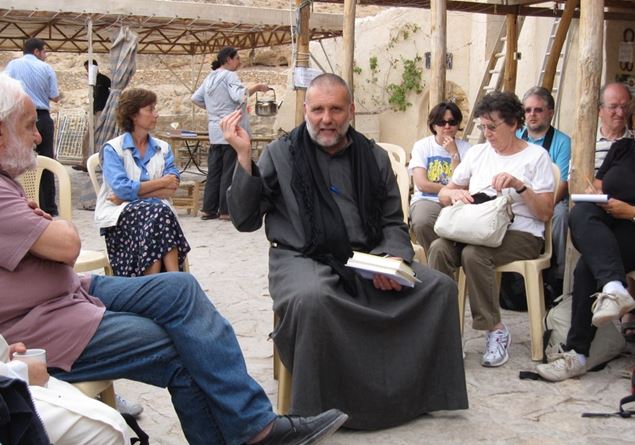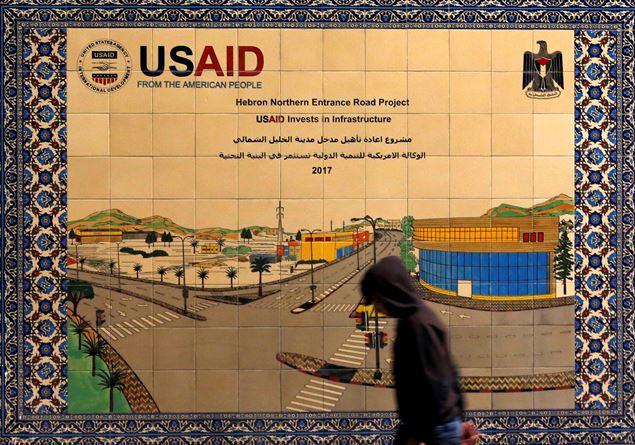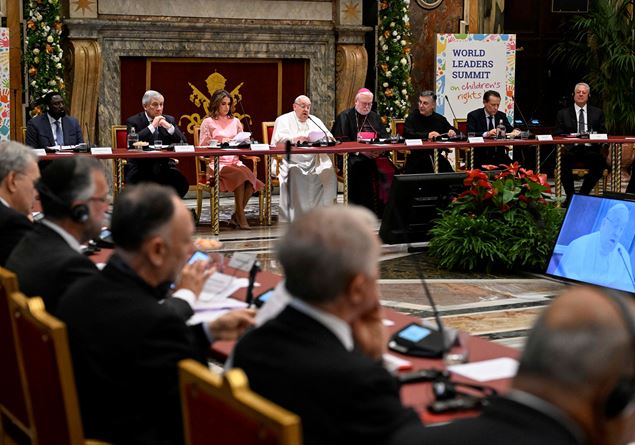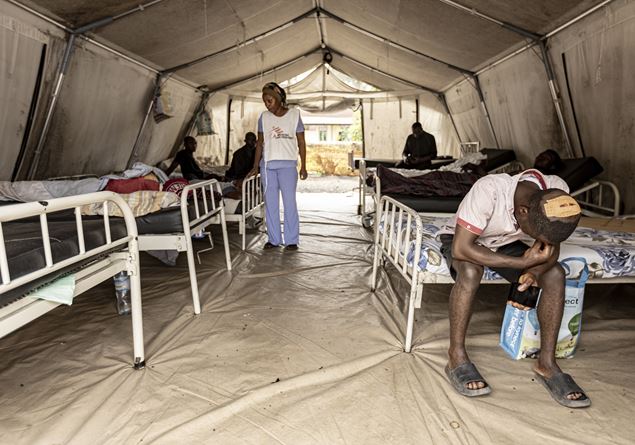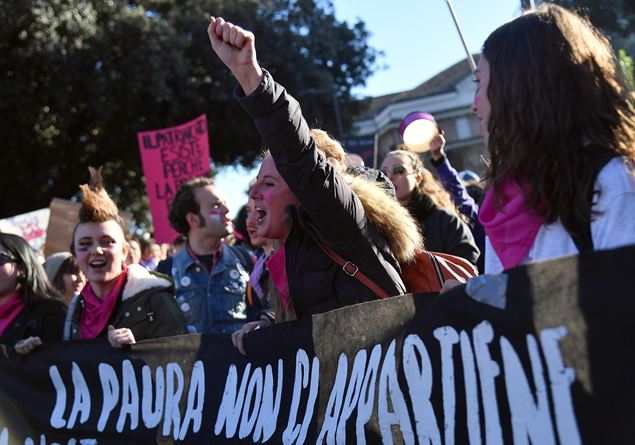
Young people have experienced violence against women up close. For example, pMore than 12% have directly witnessed psychological violence against women belonging to the limited circles of their relatives and friends.
Within these circles, the young people interviewed have also witnessed physical, sexual, economic, religious violence and stalking against the women who are part of them.
They are to a greater extent women compared to their male peers to have witnessed these experiences of violenceexcept for religious violence. Those who witnessed episodes of violence against these women spoke about it above all with their mother (26.7%), with a friend (25.6%), with a friend (23%), but also with the victim itself (20.6%). In this last case, the first thing that is recommended is to move away from the executioner (recommended by 35.7% of respondents) and to file a complaint (21.8%), especially by men (28.6%). 20.2% of women recommend turning to a CAV (only 9.2% of men recommend this option).
These are the data that emerge from the surveyYouth Observatory of the Toniolo Institute (www.observatoriogiovani.it), founding body of theCatholic University. The survey was carried out by Ipsos for the Youth Observatory in October 2024, on a national sample of 2001 young people aged between 18 and 34 on the topic of gender stereotypes, violence against women and femicide.
The investigation is supported by Cariplo Foundation and the skills of the teachers of the Catholic University.
Regarding the femicide of Giulia Cecchettin, the feelings most experienced by young people were disgust (35.9%), anger (33.6%) and sadness (33.4%). All these feelings were experienced with greater intensity by women. Another feeling indicated by 21.5% of women is fear. 45.9% of respondents declared that they had followed the news of Giulia Cecchettin’s femicide in depth: those who followed it the most were women (55.3%) and those with a degree (51%). While, the majority of men declare that they have followed it, but only superficially (40.5%).
When the young people heard the news, they talked about it with friends (67.1%), with their parents (57.2%) and got information from reliable sources (52%) (among these especially those with a degree, 56.7%, and among young people 18-22.56.7%). Few participated in initiatives organized by associations and movements. Among those who have done so, there are more men and those with a degree.

